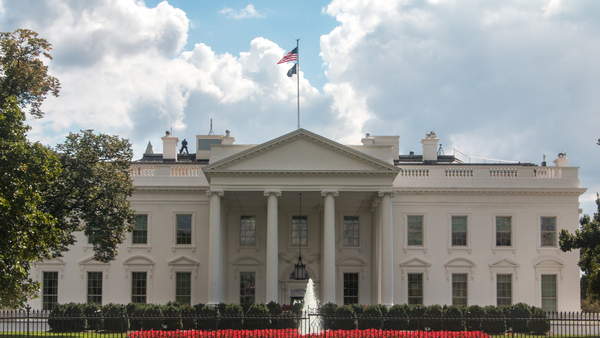
The Republican tax reform blueprint released Wednesday does not specify how tax cuts in the plan would be paid for, so credit unions that are carefully guarding their tax exemption aren’t out of the woods yet.
The plan would cut taxes for businesses, the middle class and the wealthy. It also preserves some of the public’s favorite tax credits.
The plan was developed by the Trump Administration and Republicans on the House Ways and Means Committee. It is designed to serve as a “a template for the tax-writing committees that will develop legislation through a transparent and inclusive committee process,” according to the nine-page document.
At the end of the document, there is a section entitled, “Tax Rules Affecting Specific Industries.”
The section merely states, “Special tax regimes exist to govern the tax treatment of certain industries and sectors. The framework will modernize these rules to ensure that the tax code better reflects economic reality and that such rules provide little opportunity for tax avoidance.”
If the past is any indication, that type of language is likely to increase the intensity of those lobbying for specific tax provisions.
“The section that deals with ‘rules affecting specific industries’ tells me we need to remain on our toes a little longer,” said John McKechnie, senior partner at Total Spectrum. “This is a process that is ongoing, and even though I’m optimistic and confident that credit unions will be unscathed, this is too important of an issue to sleep on.”
Credit union trade groups indicated Wednesday that they will continue to press Congress on the issue.
“As the administration and Congress continue their work on tax reform, CUNA will continue its engagement to protect the credit union tax status and ensure policymakers are aware of the credit union difference as committees and staff work to add more detail to the framework,” said CUNA President/CEO Jim Nussle.
NAFCU officials agreed.
“On a daily basis, NAFCU is reminding leaders in Congress and the Trump administration of the benefits that credit unions provide to the nation’s consumers and economy as a whole because of the tax exemption,” said NAFCU President B. Dan Berger.
The tax plan’s writers likely believe that it is too early to discuss offsets to pay for the tax cuts because without specific legislative provisions, they cannot determine the cost of the tax cuts, said G. William Hoagland, senior vice president of the Bipartisan Policy Center and the former Republican staff director of the Senate Budget Committee.
In addition, he said, some likely believe that offsets aren’t needed because the tax cuts may pay for themselves through increased economic activities.
Finally, Hoagland said, the Trump Administration and some on Capitol Hill don’t believe that budget deficits matter that much anyway.


